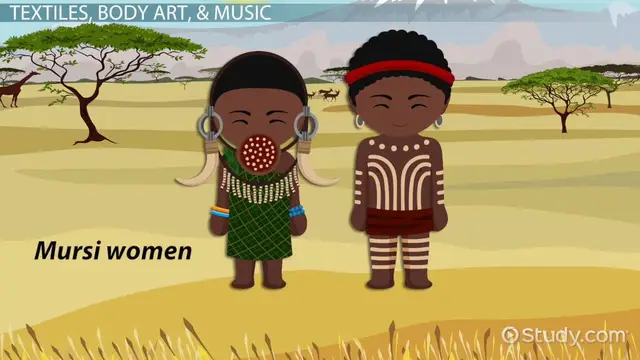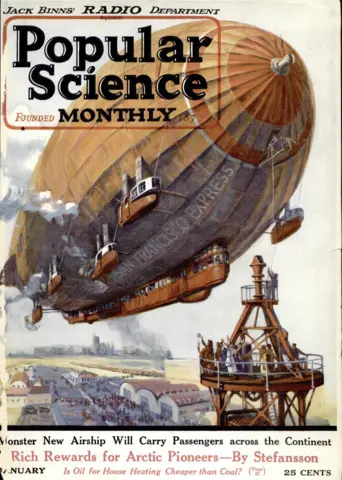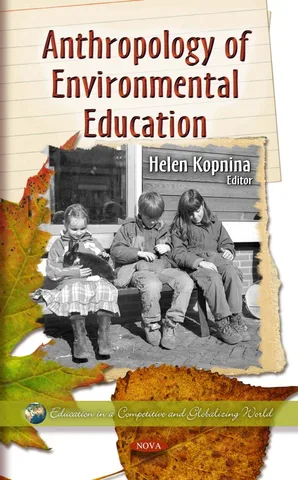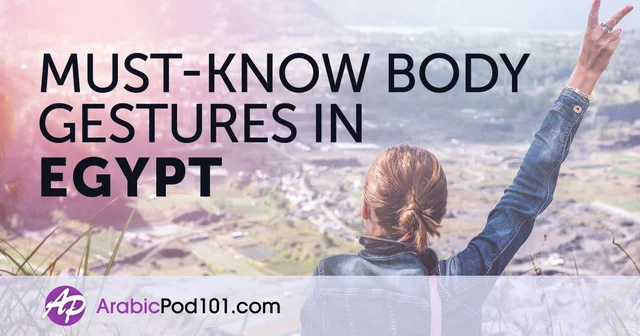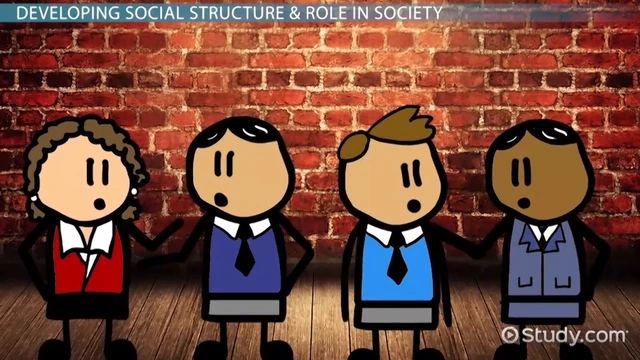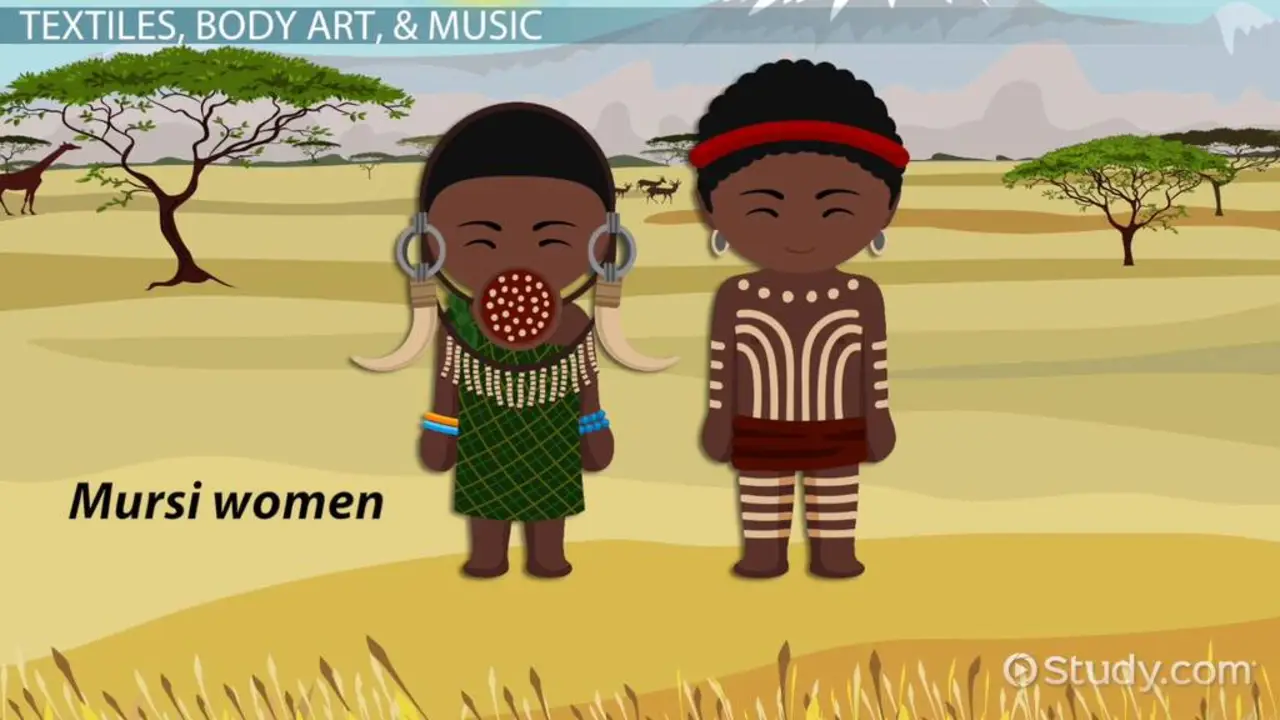
What are the Middle Eastern people like?
An Introduction to the Middle Eastern People
When we think of the Middle East, we often conjure up images of vast deserts, ancient civilizations, and rich cultural history. But what about the people who live in this diverse region? What are they like, and what can we learn from their experiences and perspectives? In this article, we will explore various aspects of Middle Eastern people and their lives, delving into their values, customs, and traditions. By the end of this article, you will have a better understanding of the vibrant mosaic that is Middle Eastern society.
Religion and Spirituality in the Middle East
Religion plays an integral role in the lives of many Middle Eastern people. Islam is the most predominant religion in the region, with Christianity and Judaism also having significant presence. Religion not only serves as a foundation for one's spiritual beliefs but also influences many aspects of daily life, from family dynamics to social interactions. Middle Eastern people have a deep sense of spirituality, and this devotion can be seen in their religious practices, such as daily prayers and attendance at mosques, churches, and synagogues.
It is essential to recognize that within each religion in the Middle East, there is a wide array of beliefs and practices. For instance, within Islam, there are both Sunni and Shia Muslims, each with their unique interpretations of the faith. This diversity contributes to a rich tapestry of religious expression and encourages dialogue and understanding among the various faith communities.
Family and Community Values
Family and community are of utmost importance to Middle Eastern people. Families often live in close proximity, with multiple generations residing under one roof or nearby. This close-knit structure fosters strong bonds between family members, who rely on one another for emotional and financial support. Respect for one's elders is deeply ingrained in Middle Eastern culture, and children are taught from a young age to value their parents' and grandparents' wisdom and guidance.
Community connections also play a vital role in Middle Eastern society. Neighbors often know one another well and offer assistance in times of need. Social gatherings, such as weddings and religious celebrations, are opportunities for community members to come together and strengthen their bonds. This emphasis on family and community creates a strong sense of belonging and identity among Middle Eastern people.
Language and Communication
Language is a crucial aspect of Middle Eastern culture, with Arabic being the most widely spoken language in the region. However, there are also many other languages spoken, such as Farsi in Iran, Hebrew in Israel, and Kurdish in parts of Iraq, Iran, and Turkey. Middle Eastern people take great pride in their linguistic heritage and often value the ability to speak multiple languages.
When it comes to communication, Middle Eastern people are known for their warm and expressive nature. They often use gestures and body language to convey their emotions and feelings. Hospitality and politeness are highly valued, and it is customary to greet one another with a warm embrace or a kiss on the cheek. This open and welcoming communication style fosters strong connections and friendships among Middle Eastern people.
Art and Literature
The Middle East boasts a rich artistic and literary tradition that dates back thousands of years. From the epic poetry of pre-Islamic Arabia to the intricate calligraphy of the Islamic Golden Age, Middle Eastern people have a deep appreciation for the creative arts. Today, contemporary Middle Eastern artists and writers draw on this rich heritage, blending traditional motifs with modern themes and techniques.
One of the most famous forms of Middle Eastern literature is the Thousand and One Nights, a collection of stories that originated in the Islamic Golden Age. These tales continue to captivate readers around the world and serve as a testament to the power of storytelling in Middle Eastern culture. Poetry is also highly valued in the region, with famed poets such as Rumi and Hafez garnering international acclaim.
Cuisine and Culinary Traditions
Food is an essential aspect of Middle Eastern culture and serves as a means to bring people together. The region's cuisine is characterized by an abundance of fresh fruits, vegetables, and herbs, as well as richly spiced meats and aromatic rice dishes. Meals are often a communal experience, with family and friends gathering to share dishes and enjoy one another's company.
Middle Eastern cuisine varies from country to country but is united by certain staple ingredients such as olive oil, chickpeas, and flatbreads. Some popular dishes include hummus, falafel, and shawarma. In addition to these savory delights, Middle Eastern desserts such as baklava and kunafa are enjoyed around the world for their sweet, rich flavors.
Conclusion: Embracing Diversity and Celebrating Culture
In conclusion, the Middle Eastern people are a diverse and vibrant community with a rich cultural heritage. From their deep religious and spiritual beliefs to their strong family and community values, Middle Eastern people are united by a shared sense of identity and pride in their traditions. By learning more about their customs, languages, and perspectives, we can foster greater understanding and appreciation for the unique contributions Middle Eastern people make to our global society.

